ESSAY
Oral History and Dealing with the Past
AUTHOR
Claire Hackett
BIOGRAPHY
Manager of the Dúchas oral history archive
Oral history, storytelling and narrative work about the experience of the conflict has been carried out by communities since the start of the peace process and new projects are still emerging. This method of dealing with the past has also been adopted by policy makers as part of attempts to create an official comprehensive approach to deal with the past. This article considers both government proposals for dealing with the legacy of the conflict and the bottom up practice of oral history and argues that public policy should be informed by the expertise that has been gained in grassroots work.
Official attempts to provide a comprehensive approach to dealing with the past have included oral history in their recommendations. In 2009 the Consultative Group on the Past produced a report which recommended a storytelling process and storytelling initiatives. (Report of the Consultative Group on the Past, 2009) The 2014 Stormont House Agreement adopted the proposal from a preceding report (Haass-O’Sullivan Report, 2013) to establish an official oral history archive. In the Stormont House Agreement, this is described as an archive to “provide a central place for people from all backgrounds (and from throughout the UK and Ireland) to share experiences and narratives related to the Troubles” (Stormont House Agreement, 2014) The Stormont House Agreement also contained other legacy mechanisms including investigative and information recovery institutions and all of these were more fully described in a consultation which was carried out in 2018. However, at the time of writing, in 2020, no legacy mechanisms have yet been set up and it remains to be seen if any oral history element remains in the much-reduced vision of the legacy proposals set out by the Secretary of State Brandon Lewis in March 2020.
Government policy initiatives have taken place within a landscape of existing grassroots and newly emerging oral history projects. These projects have frequently emerged from communities based on place, such as Falls Community Council’s Dúchas oral history archive which I manage. They also come from communities of interest, profession or identity such as bereaved victims, ex-prisoners, nurses, mixed marriages, police, and prison officers. The emergence of this body of work over many years throughout the peace process is not surprising. The history of oral history is that it comes from communities seeking to find a voice, often from a position of marginalisation. Oral history is also usually built from relationships of trust. There is an acknowledgment of this landscape in the Stormont House Agreement: as well as collecting new material, the proposed archive will attempt to draw together and work with existing oral history projects. However, when the proposal for the Stormont House Agreement oral history archive was fleshed out and put out to consultation in 2018, there was little reference to this collaborative aspect.
This failure to engage with the wide body of grassroots oral history initiatives has been a missed opportunity. Much has been learned over the years and there has been a deep exchange of learning between practitioners. Over many years a number of projects have met to discuss the challenges of oral history work related to the conflict. Our experience shows that such work is complicated and challenging. We originally met as the storytelling subgroup of Healing Through Remembering (HTR) and then formed ourselves as the Stories Network and, with HTR’s support, organised events to highlight the value of the work – but also the difficulties. I want to discuss here some of the issues we raised. In particular I want to highlight our conviction that oral history work related to the conflict needs to be valued as a bottom-up process and also that ethical practice needs to be at the heart of this work.
Official attempts to provide a comprehensive approach to dealing with the past have included oral history in their recommendations. In 2009 the Consultative Group on the Past produced a report which recommended a storytelling process and storytelling initiatives. (Report of the Consultative Group on the Past, 2009) The 2014 Stormont House Agreement adopted the proposal from a preceding report (Haass-O’Sullivan Report, 2013) to establish an official oral history archive. In the Stormont House Agreement, this is described as an archive to “provide a central place for people from all backgrounds (and from throughout the UK and Ireland) to share experiences and narratives related to the Troubles” (Stormont House Agreement, 2014) The Stormont House Agreement also contained other legacy mechanisms including investigative and information recovery institutions and all of these were more fully described in a consultation which was carried out in 2018. However, at the time of writing, in 2020, no legacy mechanisms have yet been set up and it remains to be seen if any oral history element remains in the much-reduced vision of the legacy proposals set out by the Secretary of State Brandon Lewis in March 2020.
Government policy initiatives have taken place within a landscape of existing grassroots and newly emerging oral history projects. These projects have frequently emerged from communities based on place, such as Falls Community Council’s Dúchas oral history archive which I manage. They also come from communities of interest, profession or identity such as bereaved victims, ex-prisoners, nurses, mixed marriages, police, and prison officers. The emergence of this body of work over many years throughout the peace process is not surprising. The history of oral history is that it comes from communities seeking to find a voice, often from a position of marginalisation. Oral history is also usually built from relationships of trust. There is an acknowledgment of this landscape in the Stormont House Agreement: as well as collecting new material, the proposed archive will attempt to draw together and work with existing oral history projects. However, when the proposal for the Stormont House Agreement oral history archive was fleshed out and put out to consultation in 2018, there was little reference to this collaborative aspect.
This failure to engage with the wide body of grassroots oral history initiatives has been a missed opportunity. Much has been learned over the years and there has been a deep exchange of learning between practitioners. Over many years a number of projects have met to discuss the challenges of oral history work related to the conflict. Our experience shows that such work is complicated and challenging. We originally met as the storytelling subgroup of Healing Through Remembering (HTR) and then formed ourselves as the Stories Network and, with HTR’s support, organised events to highlight the value of the work – but also the difficulties. I want to discuss here some of the issues we raised. In particular I want to highlight our conviction that oral history work related to the conflict needs to be valued as a bottom-up process and also that ethical practice needs to be at the heart of this work.
“We frequently found that there were no easy answers or single solutions…”
In 2009 the storytelling subgroup produced a set of ethical principles to guide the work. (Ethical Principles – Storytelling and Narrative Work, Healing Through Remembering, June 2009) We then began to explore the application of these principles to our own work. We presented the group with particular situations in our own practice where we were confronted with dilemmas, which we then worked through using the principles. We found this way of working through ethical dilemmas very supportive of our work. Often the dilemmas we faced were similar. We frequently found that there were no easy answers or single solutions and that the principles were in tension with each other. But we did find that we could learn from both resolutions and mistakes and that reflective and better practice ensued.
An ethical dilemma that I have encountered several times in my own practice at the Dúchas archive is one that is familiar to many practitioners. A number of times we have taken extracts of interviews and combined with others to make a story in a particular format such as short films, sound recordings and publications. This involves editing the oral history interview to create a story in an accessible format and it is something we make provision for in our information for contributors and permission form. The application of the ethical principles to this process shows the dilemmas that are at work. For example, the principle of honesty outlines a commitment to ensuring that stories are shared and recorded in context, to ensure that they are not misinterpreted at a later date or out of context. Invoking this principle makes the case that all editing and combining of oral history extracts is taking the interview out of context. However there are other principles that could be used to support the editing process. The principle of meaning making and the education principle suggest that it is acceptable to edit interviews to make them accessible. There is no easy answer to this dilemma but it makes me very conscious of the responsibility to try to stay true to the core of the interview when editing.
I was very aware of this ethical dilemma during the production of a book called Living Through the Conflict: Belfast Oral Histories. (Dúchas, 2014) This came from a Peace III funded project called Pieces of the Past which gathered over 100 interviews through a partnership between Dúchas and seven other community organisations across Belfast. The book was prompted by the partners who wanted a visible shared product to show the depth of the relationships created in the project – and also a way to give something concrete to the contributors. We decided to include extracts from each interview that had been gathered, while being aware that this could not do justice to the whole interview. The complete interview, with the interviewer’s question and contributor’s answer, is in the Dúchas archive, although much works remains to enable it to be accessed fully in context.
The ethical principles were part of the submission made by The Stories Network to the 2018 consultation about the oral history archive proposed in the Stormont House Agreement. (The Stories Network – response to NIO consultation, submitted 3 October 2018) The Stories Network submission argued for a model of collaborative engagement with existing archives and repositories that can remain in their established and trusted locations. We acknowledged that this was a different model than the one proposed, but contended that bringing together all stakeholders in a collaborative approach was the most effective way of supporting the preservation of existing work and the emergence of new work. At the heart of the submission was the importance of building trusted relationships in order for oral history to flourish.
An ethical dilemma that I have encountered several times in my own practice at the Dúchas archive is one that is familiar to many practitioners. A number of times we have taken extracts of interviews and combined with others to make a story in a particular format such as short films, sound recordings and publications. This involves editing the oral history interview to create a story in an accessible format and it is something we make provision for in our information for contributors and permission form. The application of the ethical principles to this process shows the dilemmas that are at work. For example, the principle of honesty outlines a commitment to ensuring that stories are shared and recorded in context, to ensure that they are not misinterpreted at a later date or out of context. Invoking this principle makes the case that all editing and combining of oral history extracts is taking the interview out of context. However there are other principles that could be used to support the editing process. The principle of meaning making and the education principle suggest that it is acceptable to edit interviews to make them accessible. There is no easy answer to this dilemma but it makes me very conscious of the responsibility to try to stay true to the core of the interview when editing.
I was very aware of this ethical dilemma during the production of a book called Living Through the Conflict: Belfast Oral Histories. (Dúchas, 2014) This came from a Peace III funded project called Pieces of the Past which gathered over 100 interviews through a partnership between Dúchas and seven other community organisations across Belfast. The book was prompted by the partners who wanted a visible shared product to show the depth of the relationships created in the project – and also a way to give something concrete to the contributors. We decided to include extracts from each interview that had been gathered, while being aware that this could not do justice to the whole interview. The complete interview, with the interviewer’s question and contributor’s answer, is in the Dúchas archive, although much works remains to enable it to be accessed fully in context.
The ethical principles were part of the submission made by The Stories Network to the 2018 consultation about the oral history archive proposed in the Stormont House Agreement. (The Stories Network – response to NIO consultation, submitted 3 October 2018) The Stories Network submission argued for a model of collaborative engagement with existing archives and repositories that can remain in their established and trusted locations. We acknowledged that this was a different model than the one proposed, but contended that bringing together all stakeholders in a collaborative approach was the most effective way of supporting the preservation of existing work and the emergence of new work. At the heart of the submission was the importance of building trusted relationships in order for oral history to flourish.
Another question that was largely left unanswered by the Stormont House Agreement was how oral history would relate to the other aspects of dealing with the past such as investigations and information recovery. The experience of a Boston College oral history project (called the Belfast Project) has been instructive. In the 2018 court case against Ivor Bell for involvement in the killing and disappearance of Jean McConville, the primary prosecution evidence was the oral history interview that Bell gave to the Belfast project. The judge in the case, Justice O’Hara, ruled that the tapes were inadmissible as evidence and stated that “in the context of a criminal trial they are just not reliable or fairly obtained evidence.” (‘Key exchanges from Boston College tapes’, Belfast Telegraph, 17 October 2019) Justice O’Hara partly relied on expert witness testimony which stated that the Belfast project was flawed oral history in that the contributors were wrongly given guarantees of confidentiality that their interviews would not be made public until after their death. The judge concluded that this gave Bell the freedom to tell the truth but also to lie.
Although the judgement seems to leave some space for the idea that some (perhaps better) oral history could be used as evidence in trials, this for me is not the main significance of oral history in dealing with the past. Oral history enables first-hand accounts in an interaction between interviewer and contributor. While it cannot be a replacement for truth recovery it is a crucial part of dealing with the legacy of the conflict. Many of the interviews in Dúchas and other projects reveal the harms caused during the conflict and make compelling arguments for the investigations that need to be carried out. They also show the complicated histories and experiences of the conflict in a way that allows for engagement at many levels. This calls to mind the ethical principle of meaning making, which describes the fostering of opportunities for individual, joint and communal meaning making of stories.
Although the judgement seems to leave some space for the idea that some (perhaps better) oral history could be used as evidence in trials, this for me is not the main significance of oral history in dealing with the past. Oral history enables first-hand accounts in an interaction between interviewer and contributor. While it cannot be a replacement for truth recovery it is a crucial part of dealing with the legacy of the conflict. Many of the interviews in Dúchas and other projects reveal the harms caused during the conflict and make compelling arguments for the investigations that need to be carried out. They also show the complicated histories and experiences of the conflict in a way that allows for engagement at many levels. This calls to mind the ethical principle of meaning making, which describes the fostering of opportunities for individual, joint and communal meaning making of stories.




